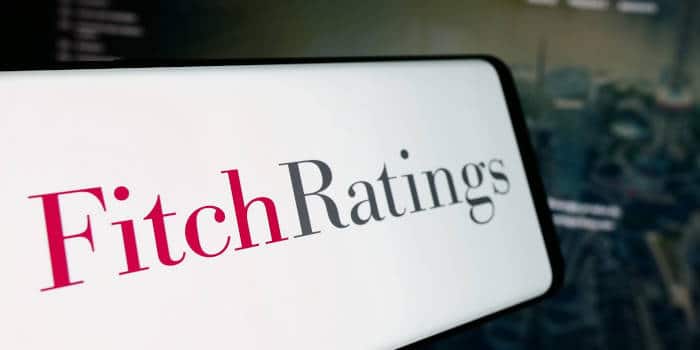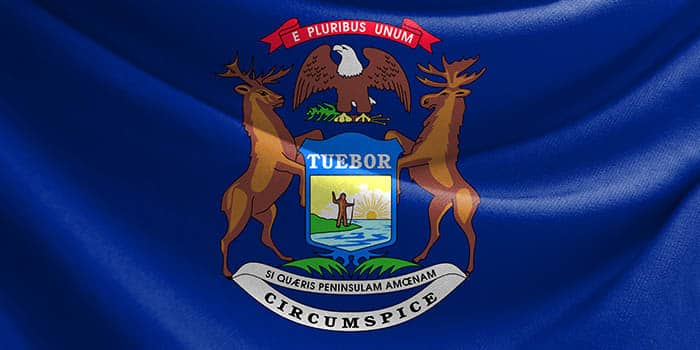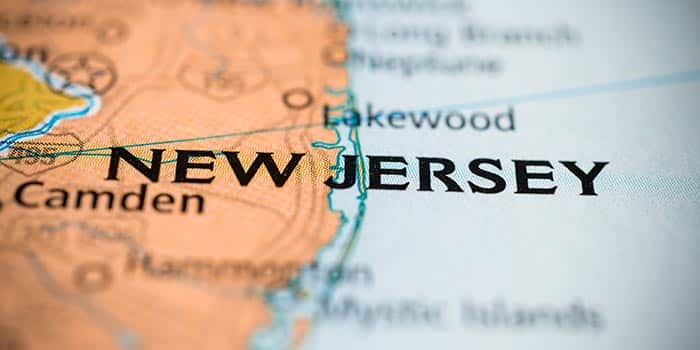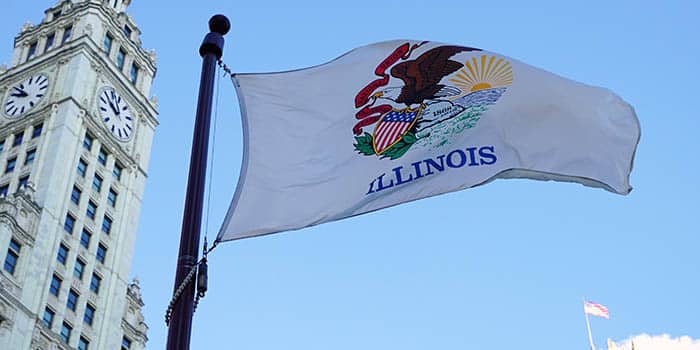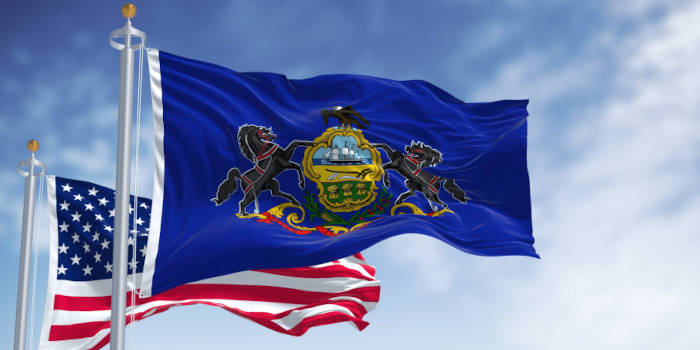- Casino
- By State
- Alabama
- Alaska
- Arizona
- Arkansas
- California
- Colorado
- Connecticut
- Delaware
- Georgia
- Florida
- Hawaii
- Idaho
- Illinois
- Indiana
- Iowa
- Kansas
- Kentucky
- Louisiana
- Maine
- Massachusetts
- Maryland
- Michigan
- Minnesota
- Mississippi
- Missouri
- Montana
- Nebraska
- Nevada
- New Hampshire
- New Jersey
- New Mexico
- New York
- North Carolina
- North Dakota
- Ohio
- Oklahoma
- Oregon
- Pennsylvania
- Rhode Island
- South Carolina
- South Dakota
- Tennessee
- Texas
- Utah
- Vermont
- Virginia
- Washington
- West Virginia
- Wisconsin
- Wyoming
- By State
- Slots
- Poker
- Sports
- Esports
Fact-checked by Velimir Velichkov
Growing Number of Young Bettors Amid Spike in Problem Gambling
The director of research at Virginia Commonwealth University’s Center for Sport Leadership, Brendan Dwyer, has warned about the growing number of males under 25 exhibiting risky gambling behavior

With sports betting expanding continuously across the US, one growing concern that is currently on the minds of officials is the rise of problem gambling among younger adults, particularly males under 25.
These individuals are most likely to exhibit risky behaviors, such as betting money they don’t have or making impulsive wagers, according to Brendan Dwyer, director of research at the Virginia Commonwealth University’s (VUC) Center for Sport Leadership.
New Football Season to Generate $35bn in Sports Bets
With the football season running from September to February, sports betting is projected to generate $35 billion in legal bets this year, reports the American Gaming Association.
In Virginia, where sports betting became legal in 2021, football is one of the most popular sports to wager on.
In fiscal year 2023, the Virginia Lottery reported nearly $69 million in tax revenue from sports betting.
The growth has been mirrored all across the US, where sports betting revenue constantly contributes billions to state budgets.
The American Psychological Association (APA) found that people in their early 20s are the fastest-growing group of gamblers, and nearly two-thirds of adolescents, ages 12 to 18, have already experienced some form of gambling.
Experts warn that early exposure can increase the risk of addiction and mental health issues.
SAFE Bet Act Calls for a Nationwide Survey
To combat these rising concerns, US Rep. Paul Tonko (D-NY) and Sen. Richard Blumenthal (D-CT) introduced the “SAFE Bet Act” which calls for a nationwide survey on problem gambling.
The proposed 12-month study would collect data on gambling-related harm in online sports betting.
Importantly, the research would not be sponsored by the gambling industry, ensuring impartial findings, which would be made publicly available.
The bill also suggests creating a national self-exclusion list that would enable individuals to block themselves from placing bets with licensed sports betting operators and set the framework to personally add/remove themselves from the list.
This measure aims to curb impulsive betting, which can be facilitated by the accessibility of sports wagering via smartphones and online platforms.
Sports Betting, Potentially Fun “If Done Responsibly”
Since sports betting requires no physical visit to a casino, bettors have the freedom to place wagers any time of day, often encouraged by promotions they encounter on social media and television.
Virginia Lottery data has shown a 30.6% rise in sports bets in August 2024 over data from the previous year.
In that month alone, Virginians placed over $416 million in wagers and won over $376 million.
Virginia Tech senior Jaleel Patterson, who bets on sports a few times a week, especially during the NFL season, commented that while he turned a profit, he also acknowledged it would not suffice to sustain his lifestyle.
Patterson finds betting with friends more enjoyable. “If your favorite team is playing their favorite team, you’ll gamble and say, ‘Oh, my team is gonna beat your team,” he said, adding it is critical for bettors to only play with what they are willing to lose.
Dwyer emphasized the importance of responsible betting.
“Sports betting is a potentially fun activity if done responsibly,” he argued, adding that while he expects sports betting to grow in size, there is a way to go before the market is fully tapped.
He also noted that the trend of males under 25 being especially prone to risky behavior is not unique to sports betting but rather common with other impulsive activities like alcohol and drug use.
Carolyn Hawley, VCU professor and president of the Virginia Council on Problem Gambling, said the state helpline has been receiving more calls from younger people, mentioning 526 intakes between January and June 2024, signaling a 16% increase since last year and an uptick of 64% when compared to 2022.
In August, Hawley and an ex-gambling addict who is currently a board member of the Virginia Council on Problem Gambling expressed their views on the efficiency of the state’s support programs.
The treatment system set up by Hawley and the VCU’s Department of Rehabilitation Counseling is ranked fourth among masters-level rehabilitation and mental health counseling graduate programs.
Related Topics:
After finishing her master's in publishing and writing, Melanie began her career as an online editor for a large gaming blog and has now transitioned over towards the iGaming industry. She helps to ensure that our news pieces are written to the highest standard possible under the guidance of senior management.
Must Read




